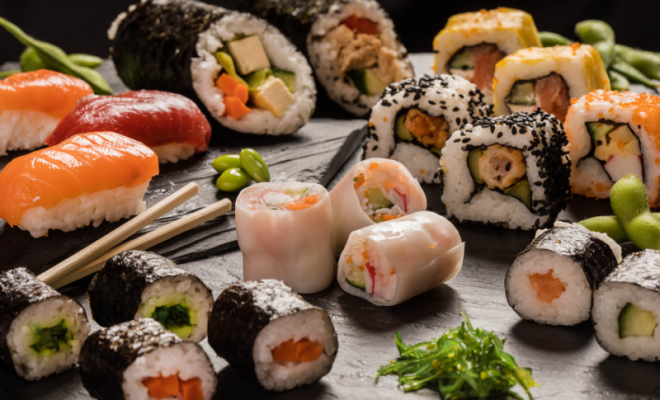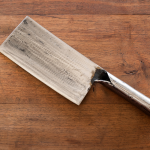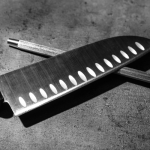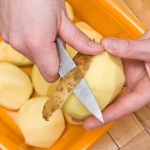Browsing through a list of jobs, it is pretty common to find open vacancies hiring professional chefs, specifically Japanese food chefs. However, not many can fill in the spots. Surprising, but yes – being a Japanese food Master chef is considered one of the most challenging jobs which requires huge piles of hard work, tons of dedication, and a fire-burning passion to leap towards the access to all kinds of techniques needed to craft delicate, intriguing pieces of edible art. Also among Japan’s top career choices, a Japanese food Master chef is well-respected and considered an honorable profession. Why is that so?
When it comes to Japanese cuisine, specifically sushi, authentic flavors of raw ingredients and the blends of Japanese sushi rice with toppings are very essential to the sensitivity of the taste buds.
With this intricacy sushi holds in its components, Japanese sushi chef hopefuls would have to go through varying stages of practices in order to master the techniques essential for the crafting of delicate Nigiri pieces. Especially when one wishes to open a restaurant or work at an Omakase restaurant, the harder one has to train to achieve goals of earning the approval and the praises of diners from different parts of the globe.
Apart from the challenges one has to face in order to thrive and excel in the Japanese food industry, the great understanding and love for the Japanese culture and traditions is also essential to drive forward the path to success. Japanese chef hopefuls from all parts of the world are willing to risk a decade or more in their lives to pursue the dreams of enhancing all the swift slices, perfect cuts, and find just the right recipes to craft delicate Japanese dishes.
Trainings to become professional Japanese food chefs may take up to a decade for some, while others who are talented and are equipped with numerous opportunities to brush their learned skills may take a lot lesser time than the latter stated.
However, the basics and foundation of sushi based upon its traditional philosophies place heavy emphasis on the selection of fine ingredients and the forming of the authentic, traditional Japanese sushi rice. As these two components that form what we call ‘sushi’ are highly important, the intricate processes of both ingredient selection and rice forming would require more periods of practice than that of other processes.
Another important skill one should master in order to become a professional Japanese sushi chef, is the mastery of the blades.
There are a variety of knife types used to make ‘sashimi’, although ‘Yanagiba’, ‘Gyuto’, ‘Bunka’, and ‘Santoku’ are the major knives used by professional Japanese food chefs. Each knife carries different tasks and performs differently according to what we assign them to do – which is something every chef needs to attentively bear in mind. Details about each knife are very important as they determine the performance and the efficiency of cuts and slices alike. Therefore, becoming a sushi chef not only requires hard training and dedication, but will also require knowledge and good memorization skills when it comes to the usage of equipment for varying ingredient type.
Many might believe becoming a Japanese sushi chef isn’t all that hard.
In reality, though, it takes more than just pure passion and time alone. Similar to the process of learning a new skill, not only time and dedication will guide one through success, but what truly is important might be the ‘understanding’ of what one has to go through and the calculation of risks needed to be taken into account in order to reach the final pool of success.






